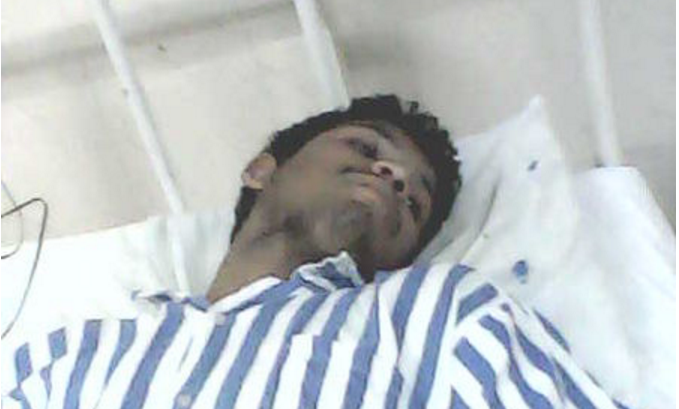Good health is one of the most desired things in life, and injury, sickness, and old age are some of the most feared. This summer I’ve been working as a chaplain at a hospital in Washington, D.C., where this truth is reinforced for me on a daily basis. I visit patients suffering from all of these things, some minor but more often serious. I also have on-call shifts where I see patients who come in to the trauma center after an accident, an incident of violence, or a burn. Many of these patients are not in condition to talk, but as chaplains we still pray for them. One man was so embittered after a car accident that he thought his life was now worthless. For him and patients in all parts of the hospital, their health crises are often a “crisis” in the root sense of the word, a “judgment” on their lives.
Things may have been going well for them without major incident for quite a while. At some point they made decisions about their goals and priorities, and pursued them as best they could through the ups and downs of daily life. But now that a health crisis has hit them, they are forced to re-evaluate their decisions, to ask whether what they thought was so important really is. If the patient enjoyed good health before, then it was something he counted on to pursue the other things he wanted out of life. When this foundation of his life has been shaken, it may end up crumbling entirely. His body has become a burden to him, an obstacle to achieving other things. Every injury or sickness is a reminder that our bodies are fragile, that they will break down at some point, that we cannot avoid death one day. Faced with suffering in the present and an uncertain future, patients wonder, “What is the most important thing in life?”
I’ve yet to talk to a patient who has recently read Aristotle’s Nichomachean Ethics or St. Thomas on happiness, but these texts provide a way of understanding what is going on for them in the hospital bed. The judgment that a health crisis brings to their life (and ours one day too) can be framed as, “What is the most important thing to you, the thing that constitutes happiness, the thing that makes everything else in your life worthwhile?” This is the philosophical question of the summum bonum, or the highest good.
Aristotle and St. Thomas observe that everyone wants to be happy, and that everything someone does is for the sake of being happy one day. But there is disagreement and confusion about what can make us happy, or in what “beatitude” (designating a more permanent state than the word “happiness” calls to mind) consists. Is it money, or pleasure, or power, or reputation, or good health, or some excellence of the soul? Is it the same for everyone, or can different people find true happiness in different things? St. Thomas goes through these options one by one, and shows the logical inconsistencies in trying to make any of these popular options our ultimate end. It’s not just health that fails us, but any sort of temporary or finite good: “It is impossible for any created good to constitute man’s happiness” (ST I-II q. 2 a. 8). Being disappointed by failing health and other losses is not something we would wish on anyone, but it is inevitable in the course of life.
Instead of hoping that we can avoid a health crisis altogether, we can prepare ourselves for that moment of judgment by making life with Jesus our last end, the reason for which we do all other things. Then, when the rain and storms of a crisis come, the foundation of our lives will not be washed away (Mt 7:24-27), and we will have the strength to endure bodily suffering in hope. This clarity in having faith as our priority also helps us to console those who are suffering from illness and injury now, and to offer hope that there is a lasting happiness beyond this present life. As St. Paul says in the midst of his own crises: “I consider that the sufferings of this present time are as nothing compared with the glory to be revealed for us” (Rom 8:18).
✠
Image: Giri Nani, Hospital Patient, cropped (CC BY-SA 3.0)







